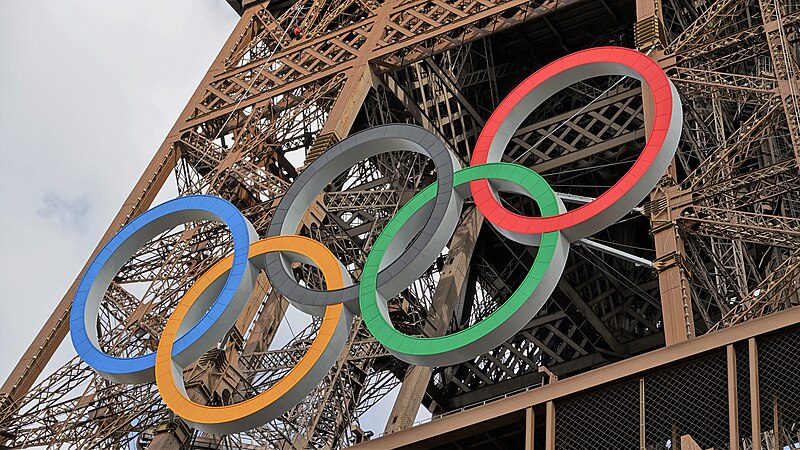
Business activity in the eurozone saw its first decline in seven months in September, following a slowdown in France after the Paris Olympic Games, according to a key
survey released on Monday.
S&P Global's Purchasing Managers' Index (PMI), a crucial indicator of economic health, dropped to 48.9 in September, down from 51 in August. Any reading below 50 signals a contraction.
"The eurozone is moving towards stagnation. After the temporary boost from the Olympics lifted France, the eurozone’s economic powerhouse, the Composite PMI dropped in September at its fastest rate in 15 months," said Cyrus de la Rubia, chief economist at Hamburg Commercial Bank.
"With the rapid decline in new orders and backlogs, it’s not hard to predict further economic weakening."
The survey highlighted that Germany and France, the eurozone's two largest economies, were largely responsible for driving the downturn across the 20-country eurozone.
Olympics Impact Short-Lived
In France, private sector output returned to contraction following the brief surge from the Olympics, while Germany experienced its steepest drop in business activity since February.
The sharp decline in the eurozone PMI "indicates that the economy is slowing dramatically, Germany is in recession, and the Olympic boost in France was merely temporary," said Andrew Kenningham, chief Europe economist at Capital Economics, a London-based research group.
He also noted that with France’s minority government now planning significant fiscal tightening, the country’s growth prospects appear increasingly grim.
Manufacturing Struggles
The eurozone PMI data showed a widespread decline in the manufacturing sector, marking the 18th consecutive month of contraction.
"Manufacturing is becoming more troubled with each passing month," added de la Rubia. He warned that the sharp fall in new orders and the increasingly bleak outlook for future production suggest the slump is far from over.
ECB Pressure
The continued decline in business activity could increase pressure on the European Central Bank (ECB) to cut interest rates again in October.
The ECB, which oversees the 20 euro-using countries, lowered its deposit rate by a quarter point to 3.50 percent this month—the second reduction since June. The bank had previously raised rates at a record pace starting in mid-2022 to combat soaring inflation, but has begun easing pressure as inflation approaches its 2 percent target. Photo by Ibex73, Wikimedia commons.








































